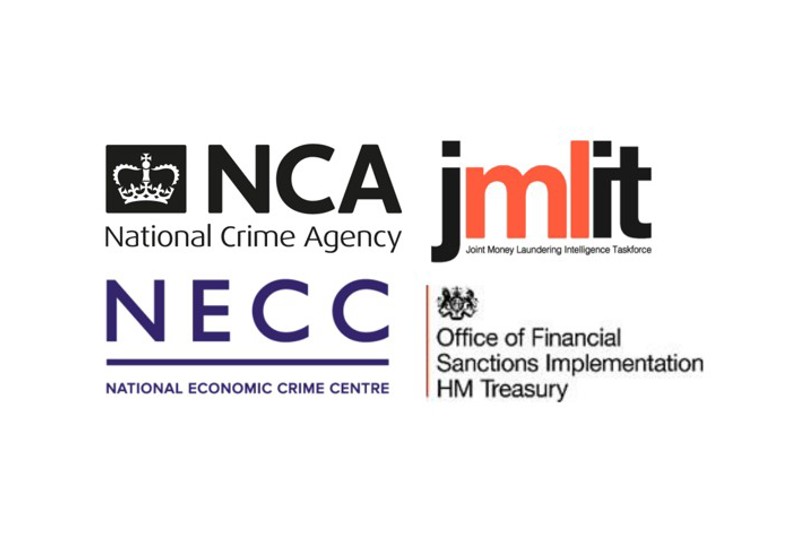Financial Sanctions Evasion Typologies Red Alert

12 July 2022 | Nicola Crowell
The UK’s National Crime Agency, Office of Financial Sanctions Implementation and other authorities have issued a Red Alert providing useful and practical details of financial sanctions typologies being used by Russian elites and their enablers.
The note is extensive and we would recommend reading it in full at
file (nationalcrimeagency.gov.uk) .
However, some highlights:
Designated Persons (DPs) are exploiting differing timescales in designating individuals between jurisdictions to facilitate the movement of funds/assets.
DPs are using associates, including family members and close contacts, via enablers to:
1. Transfer assets to trusted proxies such as relatives or employees;
2. Sell or transfer assets at a loss in order to realise some value before sanctions take effect;
3. Divest investments to ensure ownership stakes are below the 50% threshold, or relinquishing previous controlling stakes.
DPs will seek to transfer assets and funds directly and indirectly to jurisdictions where sanctions are not in place, such as the UAE, Turkey, China, Brazil, India and the former Soviet Union (excluding the Baltic States and Ukraine).
It is likely that DPs will explore alternative payment methods, including the use of crypto-assets, to move funds to circumvent sanctions and mitigate reduced access to the SWIFT payment system. Russian money launderers have increasingly been observed in UK intelligence and operational activity providing cash to crypto-asset services, with the ability to move significant volumes of funds.
Indicators for the detection of frozen asset transfers:
- DPs communicating changes to the beneficial ownership of their corporate structures to non-Russian or dual national family members or associates, or nominee directors/shareholders, prior to, or shortly after sanctions taking effect.
- Changes to ownership of a corporate holding to reduce ownership stakes to below the 50% threshold / aggravated thresholds, shortly before or after sanctions designations.
- Multiple beneficial ownership changes synchronised with new sanctions designations.
- Russian high-net worth individuals (HNWI) who are already on international sanctions lists, but not the UK list, who anticipate that they may become a sanctions target, transferring assets to family members and/or close associates such as employees.
- Holding companies based in jurisdictions that are offshore and/or historically linked to former Soviet Union (excluding Baltics and Ukraine) jurisdictions.
- Change of UBOs from Russian nationals to persons of other nationalities, potentially with names of Russian origin but from third-country jurisdictions (including, but not limited to, countries that offer citizenship-by-investment schemes).
Indicators for the detection of enablers:
- Key professions of enablers include (but are not limited to) lawyers, finance professionals, estate agents, auction houses, company directors, intermediaries/agents and private family offices. Enablers are likely to be in senior positions.
- Beneficial ownership changes notified to other firms accompanied by opinion of client’s own counsel as to new sanctions disposition, potentially accompanied by correspondence from a senior UK company representative to convey authority.
- Pooled accounts, in which banks see only the name of the enabler and not the client.
- Use of banks and financial organisations owned by close associates of DPs.
- A large number of off-the-shelf corporations with no trading record with nominee ownership used as throughputs.
- Material indicating that an enabler’s own due diligence relies on a further layer of due diligence not actually conducted by themselves or relies on an apparently trusted (but unsubstantiated) source.
Indicators for the detection of suspicious payments:
- Holding companies or payments from venture capital and private equity vehicles, many located in Middle East, East Asia or other jurisdictions that are historically linked to the Soviet Union or continue to support the Russian government or expressed neutrality in international forums such as the United Nations.
- Payments received by UK businesses, often in innovative areas, such as fintechs including UK-registered payments service providers (PSPs) and electronic money institutes (EMIs), owned in part by Russian nationals and/or others implicated in previous major trade-based money laundering schemes (often involving the Baltic and Nordic states).
